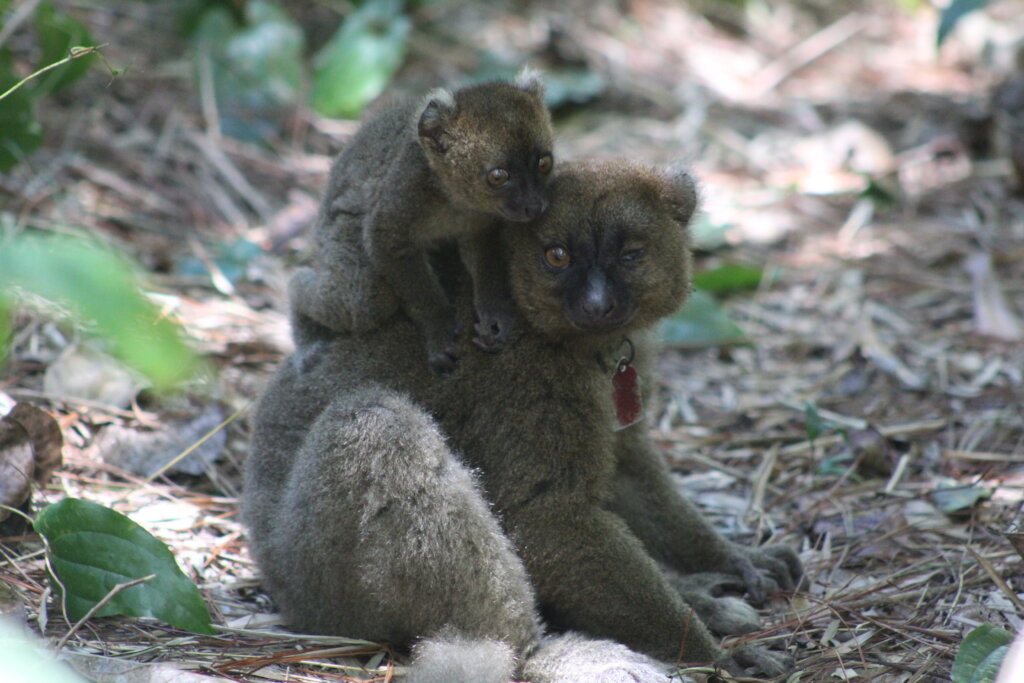By Cynthia Frasier & Vicki Villanova | Board Member & Program Manager
Madagascar’s cyclone season runs from October to April, with Februrary and March being the peak. Recently, there has been a noticeable increase in the average strength of the cyclones impacting the country. The latest cyclone to hit our field stations was on 21 February 2023. The Kianjavato Ahmanson Field Station was the hardest hit of our sites. Cyclone Freddy was the second cyclone to make landfall in the area since the 2022-2023 Cyclone Season began.
Cyclones exacerbate human-wildlife conflict throughout the country. Later in the cyclone season is when some agricultural crops are ready to be harvested (e.g. rice). When food staples, like rice, are lost due to the cyclones, people sometimes resort to food from the forest. Within the forest, strong winds cause trees to fall and fruits to spoil or fail to produce at all, greatly impacting the food of both humans and lemurs.
With the 2022-2023 Cyclone Season wrapping up, MBP guides are relieved to not have suffered significant crop losses or damage to their homes this year. Most of the lemurs made it through the season, too, though many groups are still showing the impacts of the storms of the 2021-2022 season. Large storms, such as Cyclone Freddy, result in many downed trees. The lemurs respond by altering their foraging behaviors - using different areas of the forest, traveling farther, or even descending to the ground to look for fallen food. During this time it’s critical for our guides to track our radio-collared individuals to identify their new preferred trees and see what food they may have switched too, if their primary food source was negatively impacted. This can put them at greater risk to dangerous situations with local people who have also entered the forest to look for food, as well as natural predators and stray dogs.
Now, lemurs and people are converging on the remaining resources, both in the fields and forests. Thanks to your support, this year, MBP will be learning more about resilience from the forest, wildlife, and the people.
Photo credit: Shannon Millar
Project reports on GlobalGiving are posted directly to globalgiving.org by Project Leaders as they are completed, generally every 3-4 months. To protect the integrity of these documents, GlobalGiving does not alter them; therefore you may find some language or formatting issues.
If you donate to this project or have donated to this project, you can recieve an email when this project posts a report. You can also subscribe for reports without donating.
Support this important cause by creating a personalized fundraising page.
Start a Fundraiser